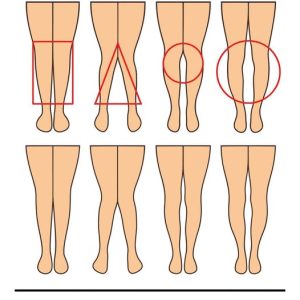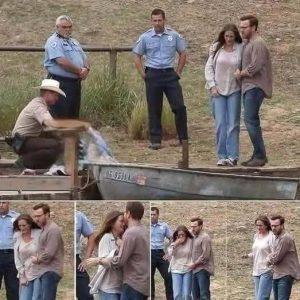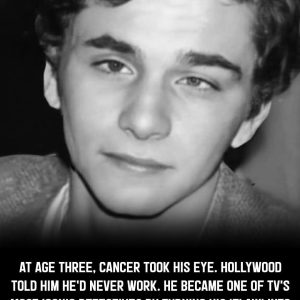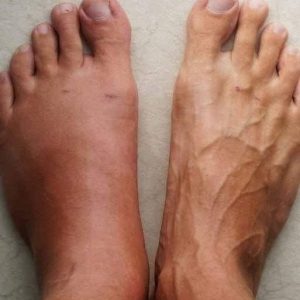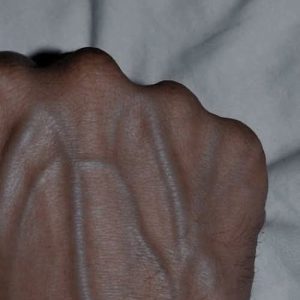On an icy winter morning, 13-year-old Marcus awoke to a neighborhood blanketed in snow. School was canceled, and most kids remained cozy in bed, but Marcus noticed the towering snow on his neighbor Mrs. Gladys Martin’s steep driveway. Mrs. Martin, a frail woman in her late seventies, had been injured in a fall the previous winter and relied on a cane. Remembering the ambulance sirens from that accident, Marcus felt a quiet urgency to act. Without consulting his parents, he bundled up, grabbed a snow shovel, and set off to clear a safe path from her porch to the street.
Marcus worked diligently, carving a careful walkway and spreading sand on the steps, despite freezing fingers and wet gloves. He never rang the doorbell or asked for thanks; his satisfaction came from the simple knowledge that Mrs. Martin would be safe. After an hour of work, he trudged home, kicked off his boots, and enjoyed a cup of hot chocolate. The next morning, he discovered a silver-wrapped package on Mrs. Martin’s porch with a handwritten card: a message of gratitude for his thoughtful act. Inside lay a vintage pocket watch and $20 in crisp bills, a deeply meaningful gift from Mrs. Martin.
Marcus was stunned, realizing the watch had sentimental value—it had belonged to Mrs. Martin’s late husband, a firefighter, and was engraved with “In service and love – Harold Martin, 1967.” Though he initially insisted on returning the gift, Mrs. Martin insisted it was now his, explaining that Harold had always believed in quietly rewarding kindness. The watch became a symbol not of material reward, but of recognition for selfless compassion. The gesture left Marcus overwhelmed but also inspired by the tangible impact of even a small, unnoticed act of care.
The story quickly spread through the community. Neighbors, touched by Marcus’ initiative, began checking on elderly residents, clearing snow, and delivering groceries. A local middle school student suggested forming a “Snow Angels Club,” where children could be matched with senior neighbors to provide help and companionship. Mrs. Martin, once isolated and lonely, became a focal point for these visits. Children read to her, walked her dog, and shared tea in her kitchen, transforming her home into a space filled with laughter and warmth.
The story caught the attention of a local reporter, and Marcus was interviewed about his motivation. His answer was simple and unassuming: he acted out of concern for someone who could have been hurt. The article, headlined “One Boy. One Shovel. One Act of Kindness That Changed a Town,” highlighted how one quiet action could ripple through an entire community. Even the mayor recognized Marcus at a civic event, though the boy insisted the true reward was witnessing how one act of care inspired others to step forward and help.
Over time, the Snow Angels Club grew, extending to neighboring towns and inspiring other schools to promote volunteerism among youth. Mrs. Martin became an honorary “Snow Angel Grandma,” often donating cookies, scarves, or hand-knitted hats to support the initiative. Marcus kept the pocket watch, not as a trophy, but as a reminder that small, thoughtful gestures could have enduring impact. Every winter since, he wakes early, ready to help, not for recognition but out of genuine care, understanding that simple acts of kindness can ripple far beyond what anyone expects.
